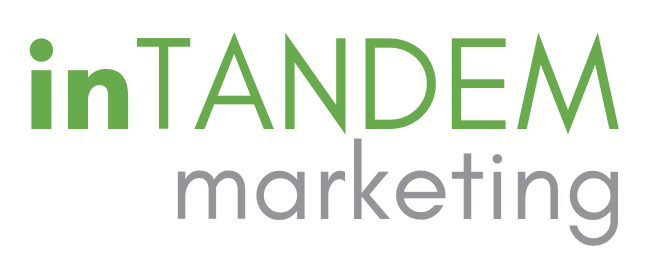A website is the foundation of any marketing strategy as it differentiates you from your competition and helps support your brand. The most successful websites are not just thrown up on the Internet. Careful planning and forethought were used in development.
 Whether you are looking at your first website or in the process of updating your existing site, here are some questions to ask yourself to assist with making your site the most effective it can be.
Whether you are looking at your first website or in the process of updating your existing site, here are some questions to ask yourself to assist with making your site the most effective it can be.
1. Why is a website important to your business?
2. What is the intent of the website? Are you looking at generating leads, providing information, or do you plan to sell items off your site?
3. What role will the website play in your overall marketing plan?
4. What do people expect from their interaction with your brand and how can you exceed those expectations?
5. What types of images and messaging should be integrated into your site to reinforce your brand promise?
6. Who will be coming to your website and what are they looking for?
7. Are the visitors to your site existing customers, prospects or both?
8. How can your website be integrated into your other marketing initiatives?
9. What is the best way to deliver content on the site? Will you provide product information, testimonials and/or blog posts?
10. Which keywords will you use to drive search engine rankings and content creation?
11. Are there certain products, services or geographic regions that the content should focus on?
12. Will you incorporate offers on the website to visitors to engage them and allow you to continue with future communications?
13. How can you track visitor engagement? Think of things you can measure such as signing up for future correspondence, posting comments, following you on social media, and/or subscribing to your blog.
14. What actions do you want visitors to take on your site? View menus, find a location, get more information, and/or logging into a password-protected section?
15. Do you need to provide password-protected access for customers?
16. What inbound and outbound links should belong on your site?
17. How will your site look on a mobile device?
18. What are the main categories that you can organize your site in to to make navigation easier to use?
19. How often do you plan to update your website?
20. What is the most important information that should be featured or linked to from your homepage?
In addition, here are a few things to avoid when designing or updating your site:
1. Keep the content on your site up to date. Content is king!
2. If images are dated, update them. Make sure your site has fresh images that don’t date your business unless you are showing a timeline where the older images are essential.
3. When using templates to build your site, make sure that you select one that is not overused. You want your site to look unique to your brand not a copy of another site with different images and content.
4. Stay away from too many calls to action on a single page. You want a site that is easy to navigate, not overwhelming and confusing for the visitor.
5. Navigation that provides too many options at the main level. Nothing is worse than going to a website that has 20 choices off the home page. You should have no more than 5 main categories and then break down each section from there. Keep it simple and easy to navigate.
6. Use Flash sparingly. It should only be used to call attention to information that you are sharing.
7. Load time. Make sure your site is compatible with the browsers that your visitor will be using. Nothing is worse than having to sit and wait for a site to load.
8. Little or too much content. Make sure the information you share is balanced. Your site should not all be words; images can be just as important. However, too little content will cause your site to register low in site engine rankings and provide your visitor with minimal information.
With a little planning and thought, your website can be an effective resource for your potential and existing customers and help you grow your business.
